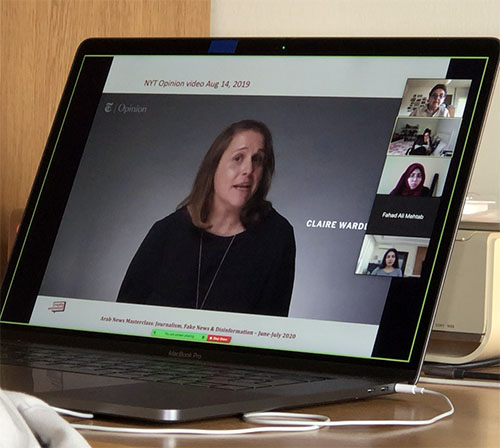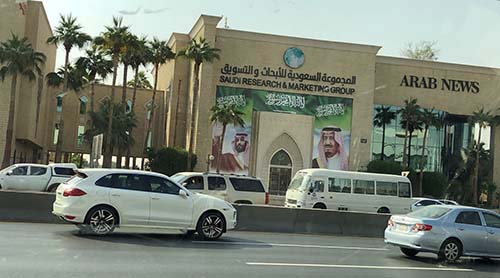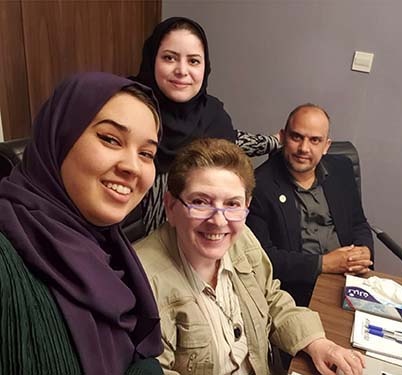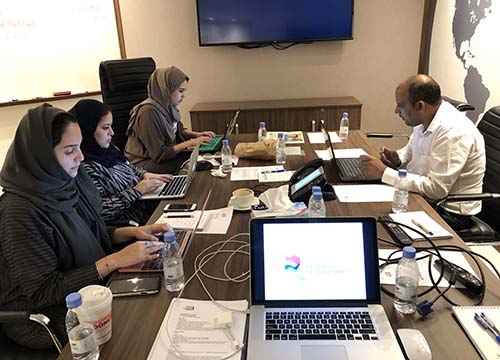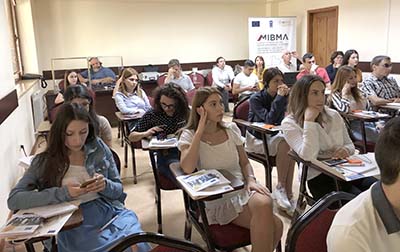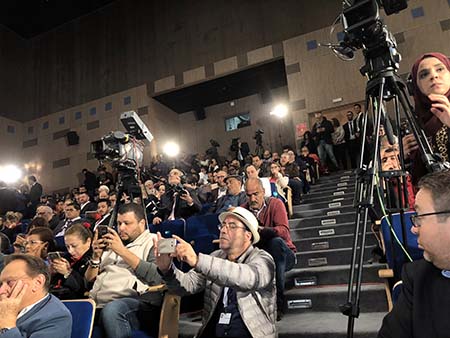Today’s journalists must work holistically across digital platforms but shouldn’t forget the basics of getting the story right and building their knowledge base, Arab News recruits learned in a virtual workshop.

Journalism 101 for recruits
Media Unlimited director Magda Abu-Fadil put a group of newly-minted reporters at the Saudi daily through the paces by first testing their grasp of geography, history, basic economics, verification skills, writing copy, headlines and captions as well as note taking and observation by turning video content into a story.

Geography test
The three-day workshop in September 2021 included basics in grammar, errors writers often make, redundancies in copy, and punctuation that journalists often take for granted.
Abu-Fadil said news writing wasn’t literature or poetry and provided a detailed explanation of what constituted news.

What’s the story?
She stressed the importance of fact checking in a bid to mitigate the damage from mis-, dis- and mal-information, adding that journalism is an interdisciplinary field requiring extensive reading and research.
She also urged the trainees not to fall for superficial social media messages.
The journalists were introduced to the basic structure of a news story, the essence of news, writing effective leads, the importance of context in the nut graf, proper use of quotations and the ability to distinguish between American and British English journalistic writing styles.

How to use quotes
The training’s other key elements included numbers, hype, oxymorons, jargon, clichés and the use of visuals.
Abu-Fadil spoke of media ethics, the use of anonymous sources, and focused on the skills needed to conduct effective interviews, in person and virtually.
She also stressed the importance of establishing interview ground rules and differentiating between attribution terminology in American and British English.

Let’s edit
On the final day, the recruits demonstrated what they learned through rigorous writing and editing exercises that included turning bland official news releases into actual stories with adequate context, proper attribution, well placed quotes, research and strong active verb leads to draw readers into the rest of the article.

The importance of fact checking
They viewed a video to test their sense of observation and news judgment and a short film on fact checking.





